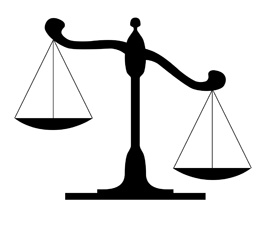According to psychologists and economists, ‘managing risk’ suggests that the outcomes and probabilities are known whereas in reality this is not often the case. However, most situations faced by people are uncertain ones in which they do not always know the outcomes and cannot always say how likely they are to occur. ‘Managing uncertainty’ suggests there are a greater range of consequences where some outcomes are known and subject to change, and others that cannot be anticipated.
Hear Dr Magda Osman speak about decision making during uncertain times.
“In order to anchor the future, we need to have a better representation of it, and we need to be clearer about situations that involve risky decision making from those that involve decision making under uncertainty," explains co-author Magda Osman from Queen Mary’s School of Biological and Chemical Sciences.
Dr Osman added: “Using uncertainty rather than risk as a description of the world could be a more constructive and practical way of making decisions. Take the example of the upcoming spending review - the Chancellor and Treasury officials may think it odd to consider uncertainty as an advantage but enables us the possibility to adapt to change, which is hugely beneficial when faced with unintended consequences from a previous decision.”
“Sometimes we over commit ourselves to decisions that are based on an understanding of the risks, such as entering into a common European currency. However, there isn’t always a match between risk and the uncertainty of the real world we’re in.”
“Rethinking situations in terms of uncertainty will allow us all, not just politicians and policymakers to be more flexible in our behaviour and increase our ability to adapt to change.”
‘Decision making in uncertain times: what can cognitive and decision sciences say about or learn from economic crises’ is published in the journal Trends in Cognitive Sciences.



